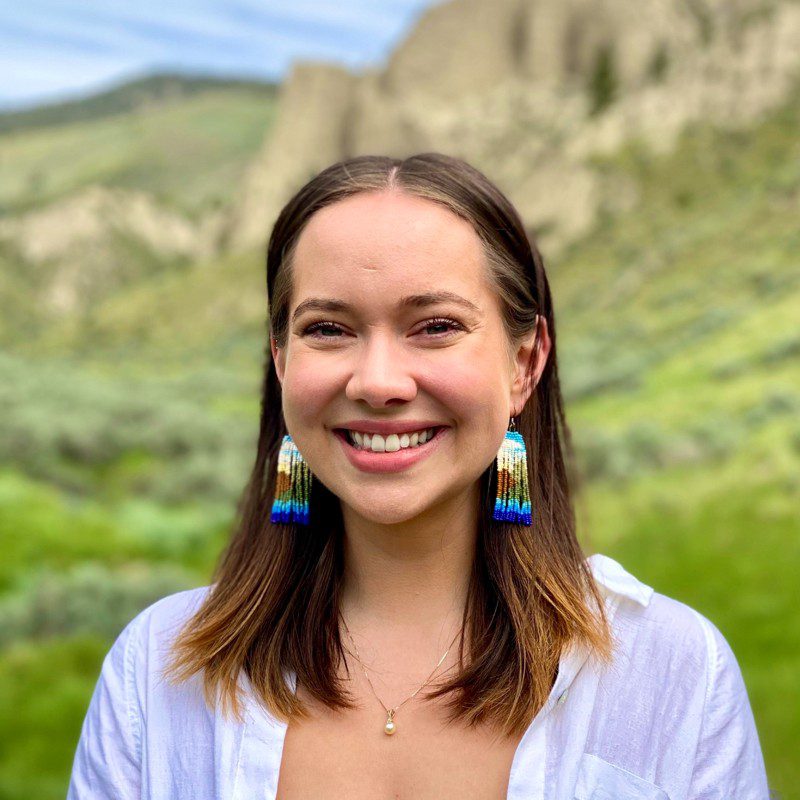Ama sa (good day),
My name is Kate Wale, I am Gitxsan from Gitanmaax First Nation on my father’s side and settler-European on my mother’s side. I am writing this from, and am grateful to live on, the unceded and traditional territory of the xʷməθkʷəy̓əm (Musqueam), sel̓íl̓witulh (Tsleil Waututh), and sḵwx̱wú7mesh (Squamish) peoples.
When I was first introduced to the possibility of coordinating AME’s Indigenous Awareness Training program, my first emotion was excitement. In what is now known as Canada, and in the province of British Columbia, there are several knowledge barriers regarding Indigenous people.
Through the lens of a white-passing Gitxsan woman, I have been able to see through these barriers. That is, with the assumption that I am white, it seems that people around me have felt more comfortable discussing the topic of First Nations in a way they might not in front of a visibly Indigenous person. It would be easy to blame the individual for the misinformed ideas they may hold and the knowledge which they may lack in these conversations.
While the onus is indeed on people to undertake their own learning and growth, we can look deeper into the root of their ignorance. Colonization and systemic oppression have contributed to the erasure and marginalization of Indigenous perspectives and knowledge about the land; this country has had no interest in educating or providing accurate information about its history, or the beauty and resilience of this land’s Indigenous peoples. As such, many of this country’s non-Indigenous inhabitants are in the dark, living within an environment which perpetuates this ignorance.
Through education, we may begin the work of breaking down and overcoming knowledge barriers to support Indigenous self-determination and sovereignty.
Kate Wale
The Indigenous Awareness Training program will provide AME’s membership with a broad overview of these topics, allowing a new perspective to help inform their path forward. It will include sections on Indigenous peoples and the landscape in British Columbia, professional development pieces for individuals to undertake their own journey of reconciliation, and what corporations may do moving forward to respect and uphold Indigenous peoples.
While the program will maintain a high-level approach, it will include content in the perspective of mineral exploration, including topics such as Nations’ traditional land use and exploration practices, their role in early exploration post-contact, up to the work being done today by Nations at a government-to-government level in natural resources, land claims, and Governance. With this training being a high-level program, I encourage any participants to utilize this as a starting point from which you may seek out additional resources and continue along the path of learning.
In coordinating this course, I and AME am not attempting to speak on behalf of any Nation or community, or as an authority on the topics included; however, we are excited to work in this space and connect with those whose voices should be uplifted and heard.
T’ooyax̱s’y ‘niin (thank you)

